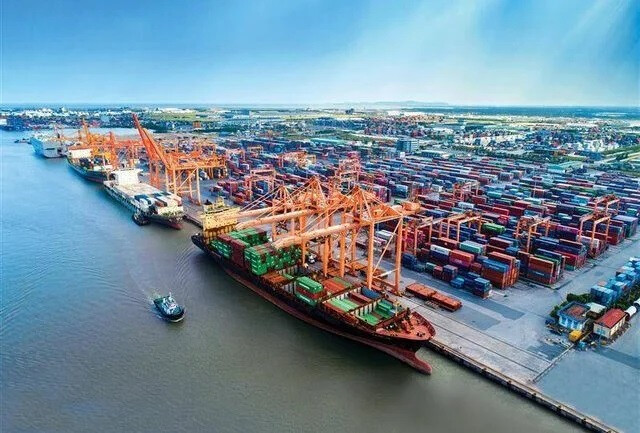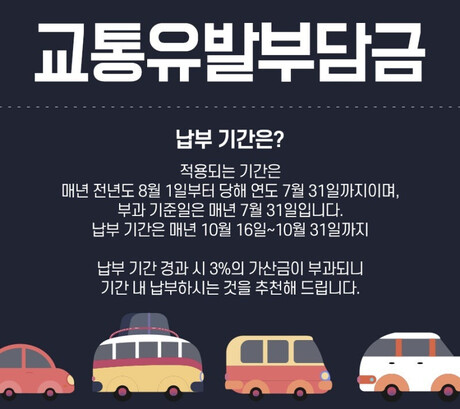
Hanoi, Vietnam – In a proactive move aimed at mitigating potential trade friction with the United States, the Vietnamese government announced this week that it will reduce import duties on select US-made goods, notably including vehicles and liquid natural gas (LNG). This decision comes amid growing concerns in Hanoi over its substantial trade surplus with Washington, which soared past $123 billion in 2024, making Vietnam a potential target for increased US tariffs.
Currently, Vietnam levies significant import duties, reaching up to 70%, on vehicles originating from countries with which it does not have specific trade agreements, placing the US in this category alongside nations outside the Association of Southeast Asian Nations (ASEAN). The impending reduction in these duties signals a clear effort by Vietnam to foster a more balanced trade relationship with its largest export market.
The primary driver behind Vietnam's apprehension is the recent announcement by US President Donald Trump regarding a blanket 25% import duty on all vehicles and automotive components entering the US, set to take effect on April 2nd. This sweeping measure has triggered widespread concern among major auto exporting nations in Asia, particularly Japan and South Korea, and has prompted Vietnam to take preemptive action.
While Vietnam's exports to the US are predominantly comprised of electronic goods such as smartphones, along with machinery, apparel, and footwear, the government recognizes the potential for broader trade measures given the significant trade imbalance. By lowering tariffs on key US products like vehicles and LNG, Vietnam aims to demonstrate its commitment to fair trade practices and potentially dissuade the US from imposing more widespread tariffs on Vietnamese goods.
Analysts suggest that this strategic move by Vietnam reflects a keen understanding of the current global trade landscape and a desire to maintain robust economic ties with the US. The reduction in import duties could also create new opportunities for US automotive manufacturers and LNG exporters to gain a stronger foothold in the burgeoning Vietnamese market.
The specific details and extent of the duty reductions are expected to be released by the Vietnamese government in the coming days. However, this initial announcement underscores Vietnam's proactive approach to navigating complex international trade dynamics and its determination to safeguard its crucial trade relationship with the United States. The move will be closely watched by other nations with significant trade surpluses with the US, as they assess potential implications and consider their own strategies in response to the evolving global trade environment.
[Copyright (c) Global Economic Times. All Rights Reserved.]






























